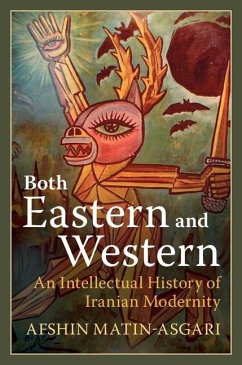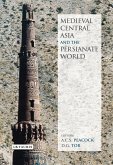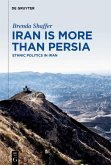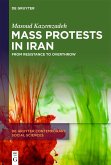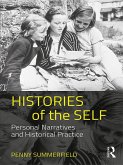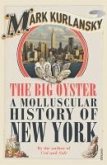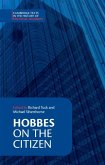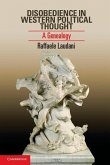Since the Iranian Revolution of 1979, many Western observers of Iran have seen the country caught between Eastern history and 'Western' modernity, between religion and secularity. As a result, analysis of political philosophy preceding the Revolution has become subsumed by this narrative. Here, Afshin Matin-Asgari proposes a revisionist work of intellectual history, challenging many of the dominant paradigms in Iranian and Middle Eastern historiography and offering a new narration. In charting the intellectual construction of Iranian modernity during the twentieth century, Matin-Asgari focuses on broad patterns of influential ideas and their relation to each other. These intellectual trends are studied in a global historical context, leading to the assertion that Iranian modernity has been sustained by at least a century of intense intellectual interaction with global ideologies. Turning many prevailing narratives on their heads, the author concludes that modern Iran can be seen as, culturally and intellectually, both Eastern and Western.
Dieser Download kann aus rechtlichen Gründen nur mit Rechnungsadresse in A, B, BG, CY, CZ, D, DK, EW, E, FIN, F, GR, HR, H, IRL, I, LT, L, LR, M, NL, PL, P, R, S, SLO, SK ausgeliefert werden.

